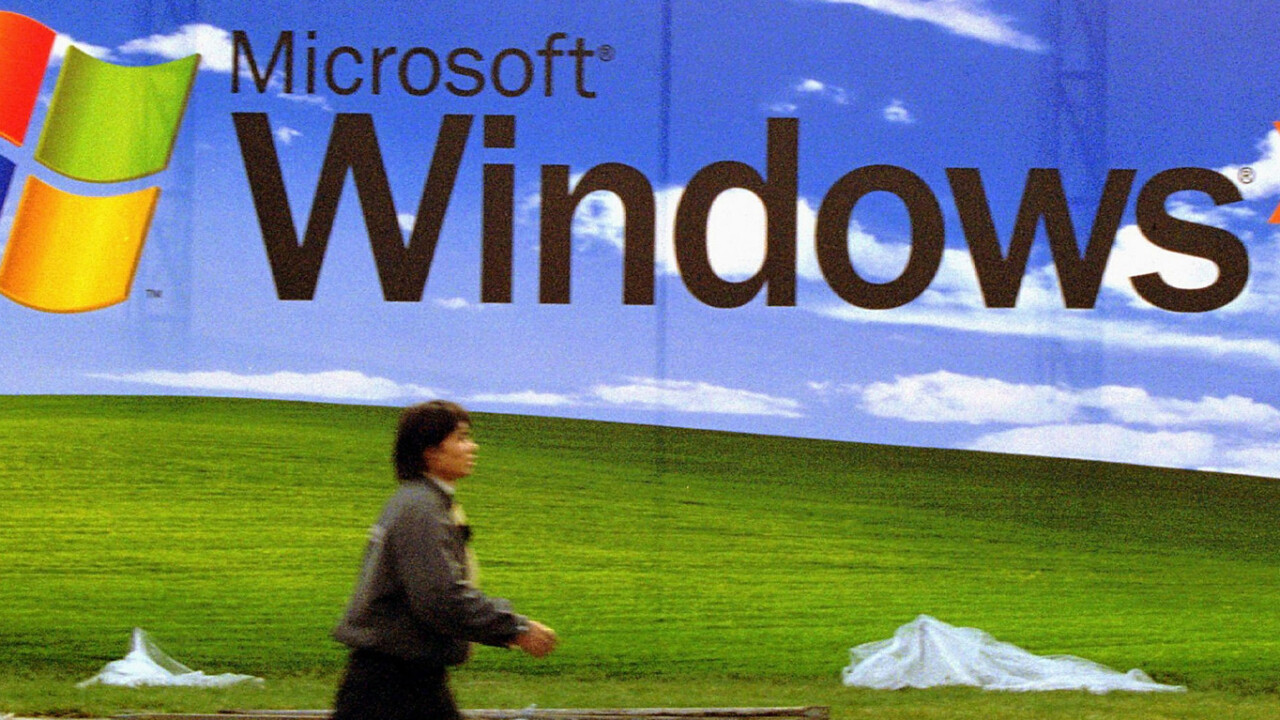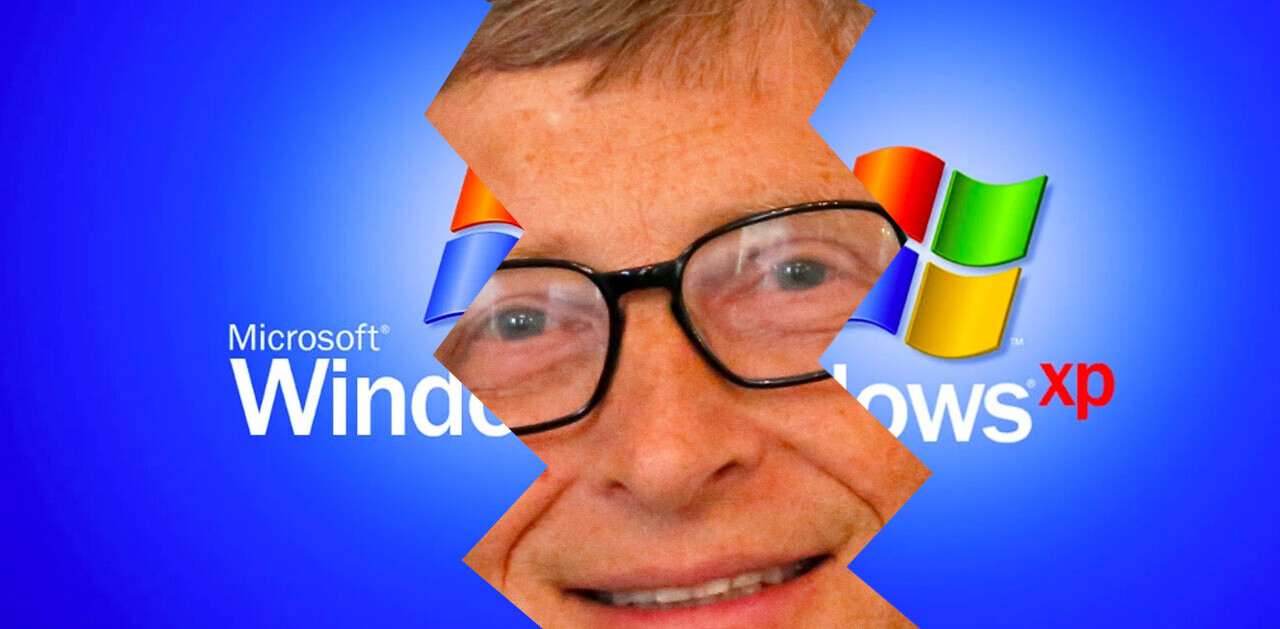
Microsoft’s support for two major products ends today: Windows XP and Office 2003. As a result, the company will no longer release security updates for either of the two, and it recommends users who still use either to get a newer version. Details on the last handful of updates is here.
If you’re wondering why April 8, 2014 is the date support for both of these products ends, it’s really quite simple. Microsoft releases regular patches on Patch Tuesday, the second Tuesday of every month.
Microsoft supports its products for many years, and depending on when service packs as well as successors are released, the company eventually announces, in advance, when it will cut off support. April 8 happens to be the last Patch Tuesday for both products, meaning if security holes are found after today’s date, they won’t be plugged.
Windows XP
Windows XP was released on October 25, 2001. It received three major updates: Service Pack 1 (on September 9, 2002), Service Pack 2 (on August 25, 2004), and Service Pack 3 (April 21, 2008).
On April 14, 2009, Microsoft retired Mainstream Support for XP, meaning security updates were still available but free technical support, warranty claims, and design changes stopped being offered. The company today retired Extended Support for the operating system.
There is one small piece of the puzzle left. Microsoft has said it will continue to update its security products for XP until July 14, 2015, but they will regularly warn users that the operating system itself is no longer secure.
Many of Microsoft’s products have a support life cycle of only 10 years, so XP is actually unique in that it was supported for more than 12 years. This was done as a result of XP’s massive userbase; the latest numbers show it still has over 27 percent market share.
If you’re still using XP, no more security updates for your machine means you should upgrade to a newer version, be it Windows Vista, Windows 7, or Windows 8. You can also get a new Windows computer altogether, which should be running the latest Windows 8.1 release.
Alternatively, you can choose to use a different operating system, such as one of the many Linux variants, or even purchase a new computer running OS X or Chrome OS. If you prefer mobile operating systems as a replacement to your machine, Android, iOS, Windows Phone, and BlackBerry OS are all viable options, but you’ll naturally have to buy a new device.
Regardless of what you chose, we highly recommend getting the latest version, as it means you’ll be supported for longer. Chances are if you, or someone you know, is still on Windows XP, using the hardware and software combination for as long as possible is clearly important. As such, if you’re finally upgrading, make a point to get the latest and greatest.
To be clear, Windows XP will continue to work after today. Yet the ancient operating system is horribly outdated, and for years now has been very insecure. After today, continuing to use it is simply a very, very poor choice.
Internet Explorer 8
Internet Explorer 8 was released on March 19, 2009. It the default browser for Windows 7 and Windows Server 2008 R2, but was also released for Windows XP, Windows Server 2003, Windows Vista, and Windows Server 2008.
While IE8 is scheduled to receive extended support until January 14, 2020, it dies today for Windows XP. Here’s an official statement TNW obtained from the Windows team:
Internet Explorer follows the support lifecycle of the Windows operating system on which it is installed. This means users on Internet Explorer 6, 7 and 8 on Windows XP will also end support. We encourage you to upgrade to a modern OS like Windows 7 or Windows 8/8.1 to receive the full security and performance benefits of a modern browser like IE10 and IE11.
As Windows XP beings to die a slow death, so will IE8 and its predecessors. This is excellent news, given that XP users can’t upgrade past IE8: it is the latest version of Internet Explorer that can run on the ancient OS. This has allowed it to remain the most popular browser version for years (last month’s figures give it a market share of 21.14 percent).
If you absolutely insist on using Windows XP, Google announced a few months ago that it will support Chrome on the platform until April 2015. This means Chrome is a slightly more viable option than IE8 on Windows XP for the next year or so, but we wouldn’t recommend it: getting off Windows XP should be everyone’s top priority, regardless of which browser you choose, now that the OS itself is no longer being updated.
Office 2003
Office 2003 was released on October 21, 2003. It received three major updates: Service Pack 1 (on July 27, 2004), Service Pack 2 (on September 27, 2005), and Service Pack 3 (September 17, 2007).
On April 14, 2009, Microsoft retired Mainstream Support for Office 2003, meaning security updates were still available but free technical support, warranty claims, and design changes stopped being offered. The company today retired Extended Support for the office suite.
Much like running a combination of Windows XP and Internet Explorer 8 is extremely unwise, so is running Windows XP and Office 2003. Now that Office 2003’s support has also ended, Microsoft is pushing users to get Office 365.
Geoff Anderson, Microsoft’s group product manager for Office 365 for SMBs, emphasized that instead of paying a high upfront cost, businesses should consider the low upfront cost of an Office 365 subscription. He added that the cloud offering was a “low friction way to get all this new technology, and get much more capability than was possible before.”
Microsoft’s main concern is to convince individuals and businesses to purchase its office cloud suite offering, which will naturally help the company’s bottom line. The more important reason, and here Anderson and TNW are in agreement, is all about security.
Whether you get Office 2013, Office 365, or another office suite entirely, the point is to get off the old software. That’s the broader message today: if you’re still using Windows XP, IE8, or Office 2003, it’s time to move on.
See also – Microsoft offers Windows XP users $100 off select Windows 8 PCs and Windows 8.1 overtakes Windows XP on Steam
Top Image Credit: Kevin Lee/Getty Images
Get the TNW newsletter
Get the most important tech news in your inbox each week.









